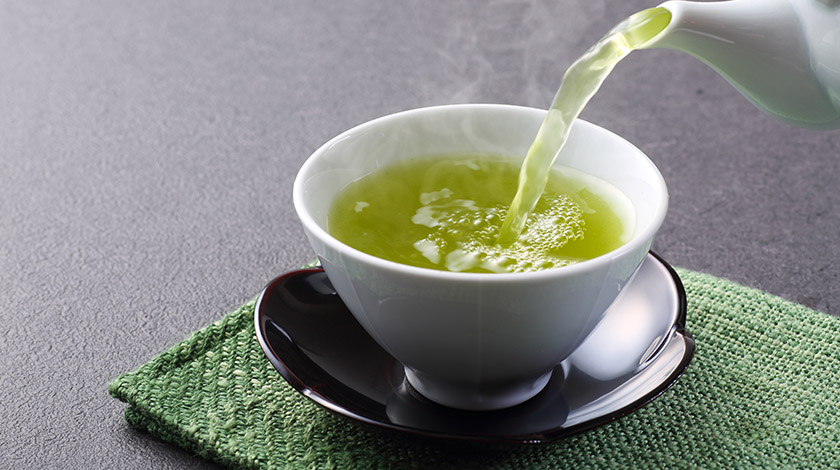Studies have shown that the antioxidant flavonoids found in tea can help lower the risks of developing cancer, heart disease, and diabetes. Regular tea drinkers are said to have lower cholesterol levels and better metabolism to help with weight loss.
Moreover, tea has less caffeine but brings about mental alertness.
The tip to enjoying the full benefits of tea is by steeping the tea longer to let more flavonoids get in the brew.
Are you drinking real tea?
Even though bubble tea and other fruit and herbal teas are highly popular and tasty, those are not real tea derived from the Camellia sinensis plant. Only certain types of tea are considered as real tea that is packed with the health benefits of flavonoids, including green tea, black tea, white tea, oolong tea and pu-erh.
Green tea
Touted as a superfood, green tea contains the highest level of Epigallocatechin gallate (EGCG), a powerful polyphenol with anti-cancer qualities. Green tea is also said to be effective in reducing the risk of Alzheimer's and Parkinson's diseases, as well as improving cholesterol levels and lowering the risk of stroke.
Black tea
Known as 'red tea' in China, black tea is made from fermented leaves and most commonly produced in India and China. Studies have shown that black tea can reduce the target="_blank" rel="noopener">damaging effects of cigarette smoke on the lungs.
White tea
Being the least processed tea, white tea is purported to have potent antioxidant qualities. Popular varieties include Silver Needle and White Peony.
Oolong tea
Oolong tea is semi-oxidized and has a stronger aroma than white tea. An animal study has shown that this tea is effective in lowering bad LDL cholesterol levels.
Pu-erh tea
Pu-erh tea leaves are often aged and pressed into cakes. Health benefits of Pu-erh include weight loss and reduced LDL cholesterol levels.
It’s tea time—Let’s cheer for the cup of tea to good health!
Sources:
© Cigna Healthcare 2023
Information provided in this article is intended for health and fitness purposes only and is not intended for use in the diagnosis of disease or other conditions, or in the cure, mitigation, treatment or prevention of disease (see Terms & Conditions for details). Any health-related information found in this article is available only for your interest and should not be treated as medical advice. Users should seek any medical advice from a physician, especially before self-diagnosing any ailment or embarking on any new lifestyle or exercise regime. Any information contained in this article may not be suitable, accurate, complete or reliable. Cigna Healthcare accepts no responsibility for the content or accuracy of information contained on external websites or resources, or for the security and safety of using them. "Cigna Healthcare" and the "Tree of Life" logo are registered trademarks of Cigna Intellectual Property, Inc. in the United States and elsewhere, licensed for use. All products and services are provided by or through operating subsidiaries, and not by The Cigna Group.



